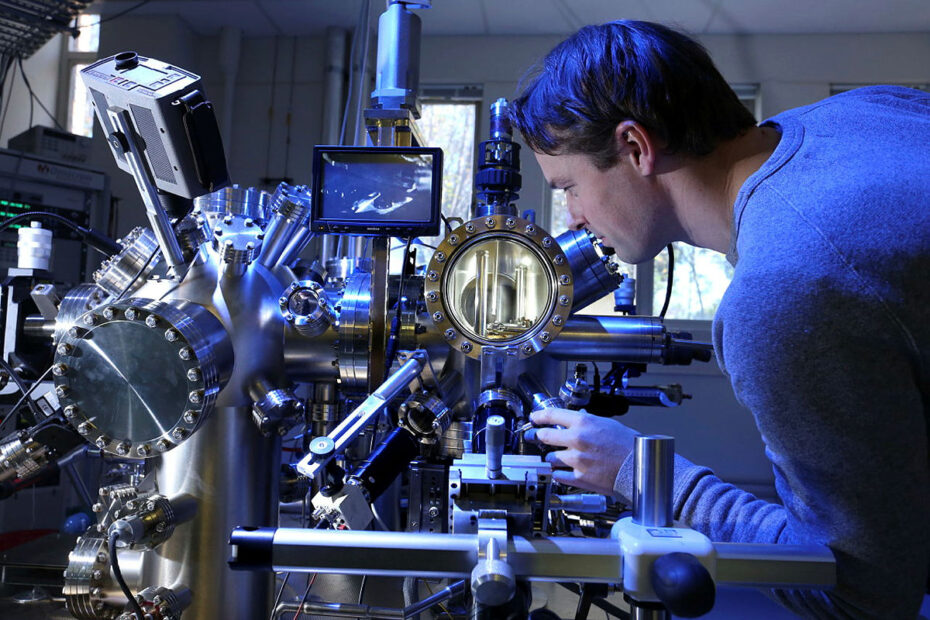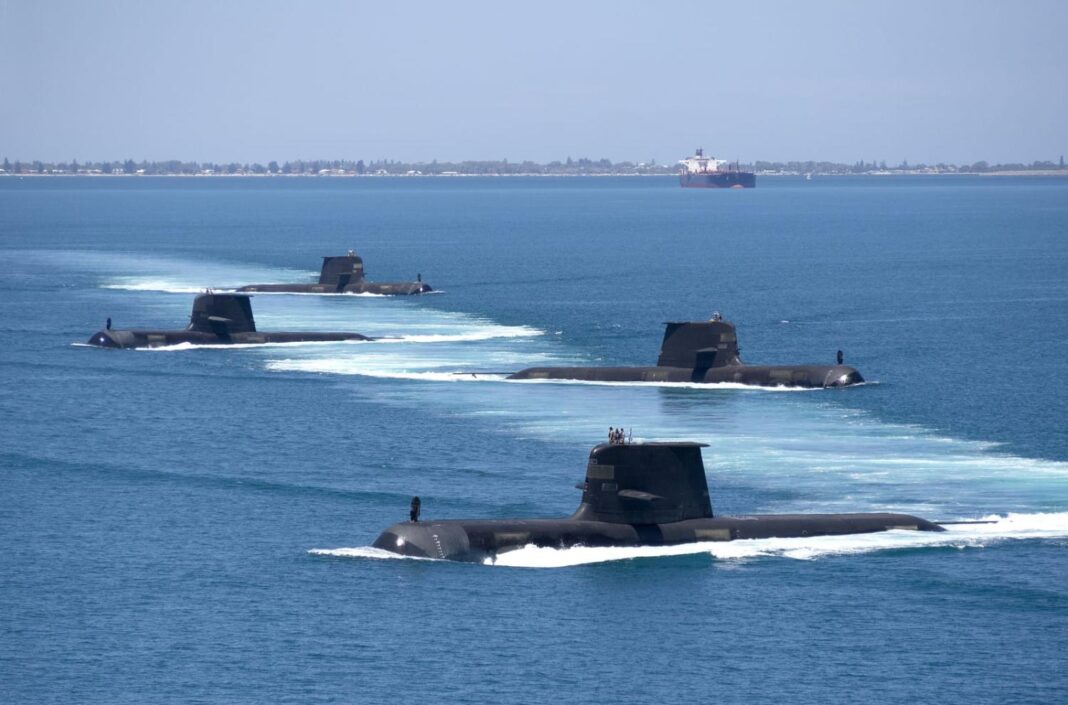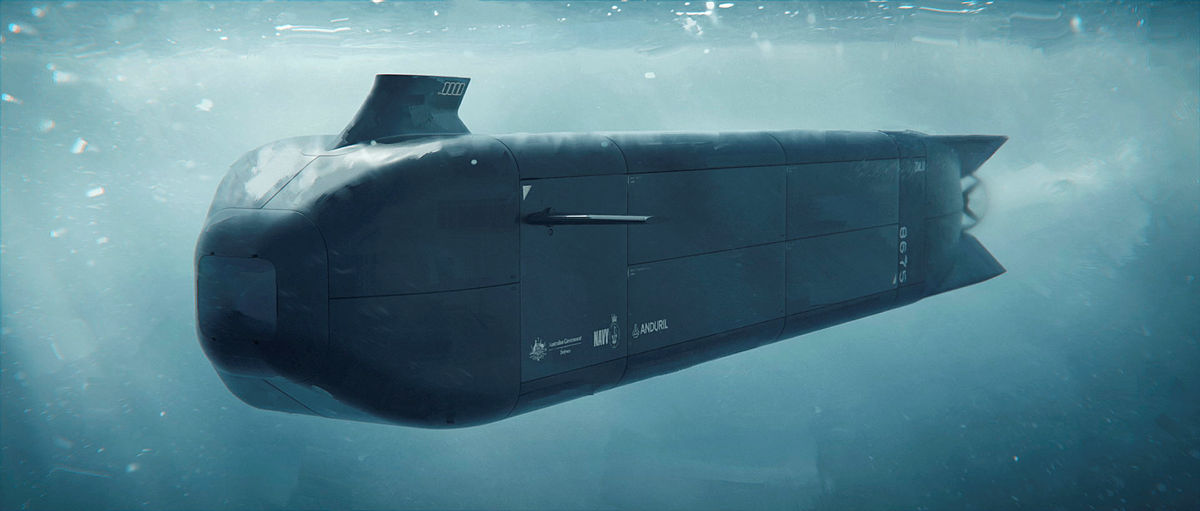Former Minister for Defence Industry the Hon Christopher Pyne MP officially launched the next generation technologies fund on March 16, 2017, at the University of Adelaide. The $730 million fund is a ten-year program managed by Defence Science and Technology Group encouraging research and development by Australian Industry and Academia into innovation and cutting-edge technologies for the Australian Defence Force. (Photo Credit: Australian Department of Defence)
The integration of Quantum Computing (QC) into SSN (Ship Submersible Nuclear) submarines, particularly those associated with the AUKUS alliance widely known as SSN-AUKUS class conventionally-armed nuclear-powered submarines, offers several potential benefits. Quantum computing has the potential to revolutionize various aspects of naval operations, providing advantages in areas such as communication, cryptography, and data processing. Here are some ways SSN-AUKUS class submarines could benefit from quantum computing:
- Unhackable Communication
- Quantum Key Distribution (QKD) can be implemented for secure communication between submarines and command centers. QKD uses the principles of quantum mechanics to create unbreakable encryption keys, ensuring that communication remains secure even in the face of sophisticated cyber threats.
- Enhanced Cryptography
- Quantum computers can break traditional encryption methods through their ability to perform complex calculations exponentially faster than classical computers. However, the same quantum properties that threaten traditional encryption can be leveraged to create new, quantum-resistant cryptographic algorithms. AUKUS submarines can use quantum cryptography to safeguard their communications against future threats.
- Improved Navigation and Mapping
- Quantum computers have the potential to process vast amounts of data at speeds unattainable by classical computers. This capability can enhance the efficiency of navigation systems on submarines, enabling real-time processing of complex data for accurate mapping and navigation in dynamic underwater environments.
- Optimized Sensor Data Analysis
- Quantum algorithms can be applied to optimize the analysis of sensor data, improving the submarines’ ability to detect, classify, and respond to potential threats. Quantum computing’s parallel processing capabilities can handle large datasets more efficiently than classical computers, contributing to enhanced situational awareness.
- Complex Simulations for Training
- Quantum computers can facilitate the development of highly complex simulations for training submarine crews. These simulations can mimic realistic scenarios, providing crews with valuable experience in handling diverse situations. Quantum-enhanced simulations contribute to better-prepared and more adaptable submarine crews.
- Advanced Machine Learning
- Quantum machine learning algorithms can enhance the submarines’ ability to recognize patterns and make informed decisions based on vast datasets. This can be particularly valuable in identifying potential threats, optimizing energy consumption, and improving overall operational efficiency.
- Quantum Sensors
- Quantum sensors, which leverage quantum properties for more precise measurements, can enhance the submarines’ detection capabilities. Quantum-enhanced sensors can provide higher sensitivity and accuracy in detecting acoustic signals, magnetic anomalies, or other relevant environmental factors.
- Faster Data Processing
- Quantum computers can process complex calculations at speeds that classical computers cannot match. This capability can significantly reduce the time required for data processing, contributing to quicker decision-making and response times in dynamic and potentially adversarial situations.
While quantum computing is still in its early stages of development, its potential applications hold promise for transforming various aspects of submarine operations. The AUKUS alliance, with its emphasis on innovation and collaboration, is well-positioned to explore and harness the benefits of quantum computing for the SSN-AUKUS submarine fleet. As quantum technologies continue to mature, their integration could provide a substantial advantage in maintaining maritime superiority and strategic deterrence.



